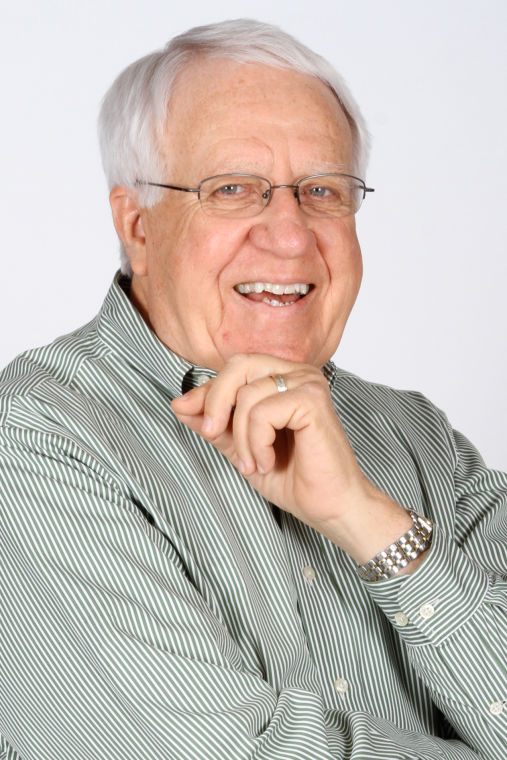
Before football coaches have gone any distance in the minefield-laden careers they’ve chosen, they learn that the welcome mat—so warmly extended before their first game—often is jerked away before there’s time to leave a footprint.
Finally deciding to accompany his wife to Europe after breaking promises to do so for decades, one old coach had run plumb out of excuses. After all, they had reached retirement years with reasonable health, enough money and plenty of time.
With a shaky hand, creaking bones and weakening enthusiasm now “coughed up” with a wheeze, the old mentor signed the check for a turnkey vacation. It covered all charges for plane tickets, hotels, meals and guided bus tours. Had he known there’d be such a rude welcome at the first hotel stop, he might have canceled the whole deal. …
The sign out front was light years short of welcoming. It was—the old coach felt—insulting, demeaning and in all ways off-putting. The message seemed clear, written in big block letters actually intended for motor coach drivers: NO FOOTBALL COACHES ALLOWED.
The aged mentor couldn’t have been more offended if a panhandler had grabbed his wallet and skedaddled.
His throat tightened as he registered a protest. …
The seasoned guide was ready for the barrage, probably having made similar explanations many times for befuddled football coaches.
He said that in Europe, soccer is almost as popular as football is in the US, and is, in fact, often called football by Europeans. He explained that many fans—traveling out of town in motor coaches to attend games—often leave hotel rooms in ruins, particularly after losses. “Many hotels decided it wasn’t worth it to host such groups, choosing simply to display signs which clearly warned drivers of motor coaches filled with rugby fans to pass on by.”
The tour guide explained that in Europe, most folks refer to buses as “coaches.” He said it is not to be taken literally by any individual, “particularly on my bus,” he whined. “‘NO FOOTBALL COACHES ALLOWED’ is really for drivers of motor coaches delivering rowdy fans.” …
No matter how much the tour guide tried to mollify, the old coach found it difficult to settle down.
Stomach churning, he thought sleep might help.
Not so. He dreamed negatively of his career that was heavy on the loss side. …
He dreamed of trudging from the stadium after the final whistle of an 0-10 season, unintentionally jostled a fan exiting on crutches.
“No offense. No offense,” the coach apologized.
“You got that right,” the fan snapped, “And your defense ain’t any better.” …
Memories continued to surface. At one new job, reporters and photographers crowded the press conference, hailing the new coach who was to be the savior of a team that usually finished dead last in the half of the standings that made the top half possible.
“I am fired with enthusiasm as I take this job,” he gushed. “You can quote me on that.”
Things didn’t go well. After the 0-10 season, he stumbled through his final interview, remembering that when he took the job, he was ‘fired with enthusiasm’.” He opined that he was leaving the same way, “fired with enthusiasm!” …
He also remembered one stop where the “quarterback club” was a weapon, not an organization.
Also dredged from memory was the recommendation of a fellow coach. “Early on, I was warned that in coaching, I should never own a home that didn’t have wheels on it,” the coach said. “So, I decided to spend my entire career living in a mobile home, always ready to move to the next place. It is important to remember that fans will name a street after you one day and chase you down it the next.”
A final thought from the old mentor was the likelihood that most fans will be with you all the way—win or tie.



